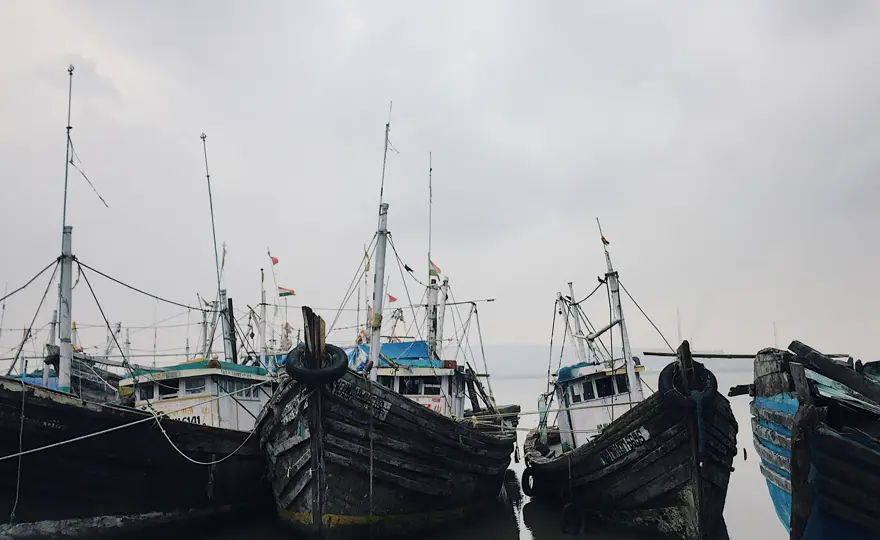
Chelsea Robinson
9th December 2020


The word ‘ocean’ conjures up images of a vast blue expanse, unfailing and almost infinite. However, now more than ever, the world is beginning to see what happens when those seemingly endless resources reach their limits.
The ocean and all its components interact in countless ways with each other, with the atmosphere and the land and with humans, to sustain life on Earth. Fish are a vital part of the marine ecosystem, without which the ocean cannot effectively fulfil its role in capturing CO2, producing oxygen and feeding billions of people. Yet, economic growth has taken priority and an increasing number of fish stocks are at the point of collapse. Countries now haggle over their ‘share’ of what’s left, treating fish like currency, rather than the oceanic lifeblood they are.
Fisheries negotiations have never been more relevant than in the context of Brexit, and ClientEarth has been keeping a close eye for years on how the EU goes about them.
There has been trans-national catching and trading of fish between the EU and the UK for decades – with agreements made every year on the quotas and conditions. Before Brexit, this was managed by the EU Common Fisheries Policy (CFP), however going forward, this will be subject to new arrangements that will dictate who gets what. It is vital that an agreement is reached between the EU and the UK to prevent the unilateral setting of fishing limits and a repeat of the disastrous ‘mackerel wars’.
Tensions so far have been mostly about access: how many EU vessels will have access to UK waters, and to what extent the UK will have access to the European market to sell its fish. However, there is a big sustainability elephant in the room, which NGOs across Europe have been advocating to be at the heart of any new EU-UK agreement. Managing our fish stocks sustainably is in everyone’s best interest and will be mutually beneficial to both the UK and the EU.
The CFP was designed to end overfishing in Europe. However, it has so far not met its sustainability objectives. Despite some progress, decision makers missed a legally binding deadline this year to set all fishing limits at sustainable levels. These Total Allowable Catches (TACs) are decided every year by EU fisheries ministers behind closed doors – which makes it hard to hold anyone in particular accountable for catch limits set too high.
We want to see such legally binding sustainability requirements in any new EU-UK agreement. Importantly, all future agreements made on the amount of fish they can each catch every year should be done in a transparent way, to make sure that citizens can hold the two parties accountable for their decisions.
As the impacts of climate change and CO2 emissions on the ocean increase, it is vital to keep marine ecosystems as healthy as possible, to maximise their resilience. This means ensuring fish stocks are well managed and kept at sustainable levels.
To that end, we are working for a Green Recovery for our ocean where fishing limits are set at sustainable levels and harmful fishing practices that destroy the marine habitat are banned.
This December is a crucial time, as EU ministers meet to decide the catch limits for 2021 and the UK continues to negotiate a potential new fisheries management framework with the EU. ClientEarth will be advocating, on both sides of the channel, for decision makers to do the right thing and look to the future of our fish stocks. Let’s not forget, the more we take out now, the less there will be for generations to come. We should not let short-term gain be the enemy of the long-term environmental and economic sustainability of our ocean.